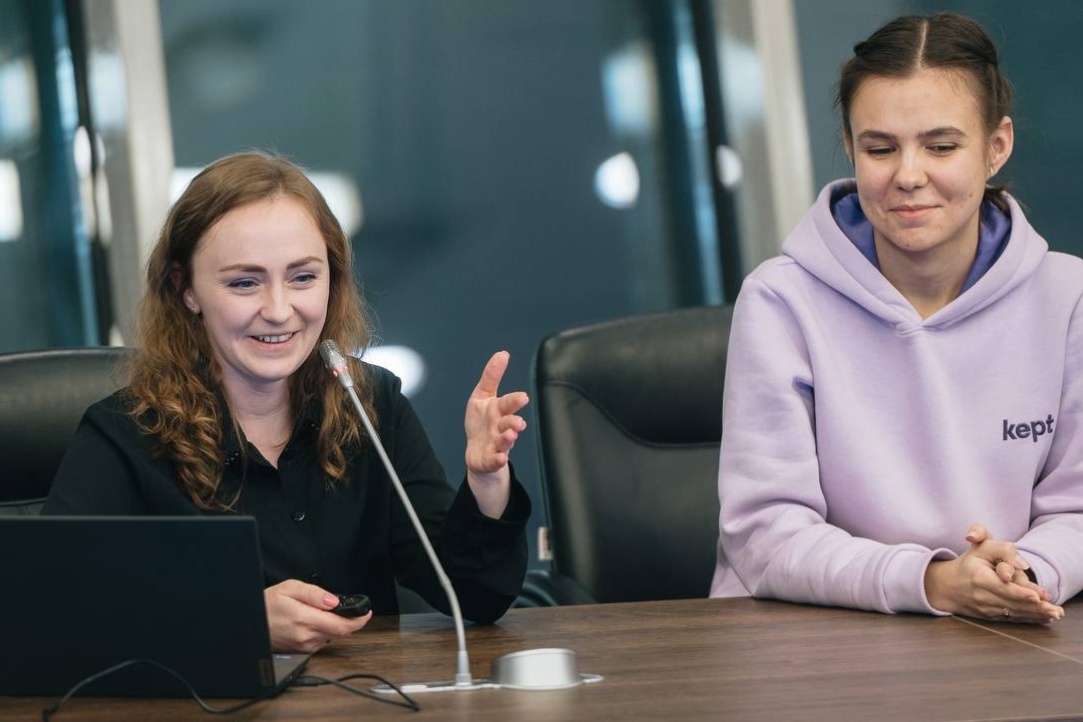670 000 RUB/year
News




Other Bachelor’s Programmes
Economics and Data Science
World Economy
Transport Economics and Engineering
Economic Analysis
Online programme
Undergraduate Economics programme is a selective programme with a significant math component. Some classes are delivered in English. Its aim is to prepare students for work as highly-qualified leaders and analysts in top Russian and international companies, governments, research centers and educational institutes. Students receive broad knowledge in the areas of economic theory, mathematics, information processing technologies, statistics, econometrics, and foreign languages, while also studying applied disciplines in-depth and producing original research of their own.



